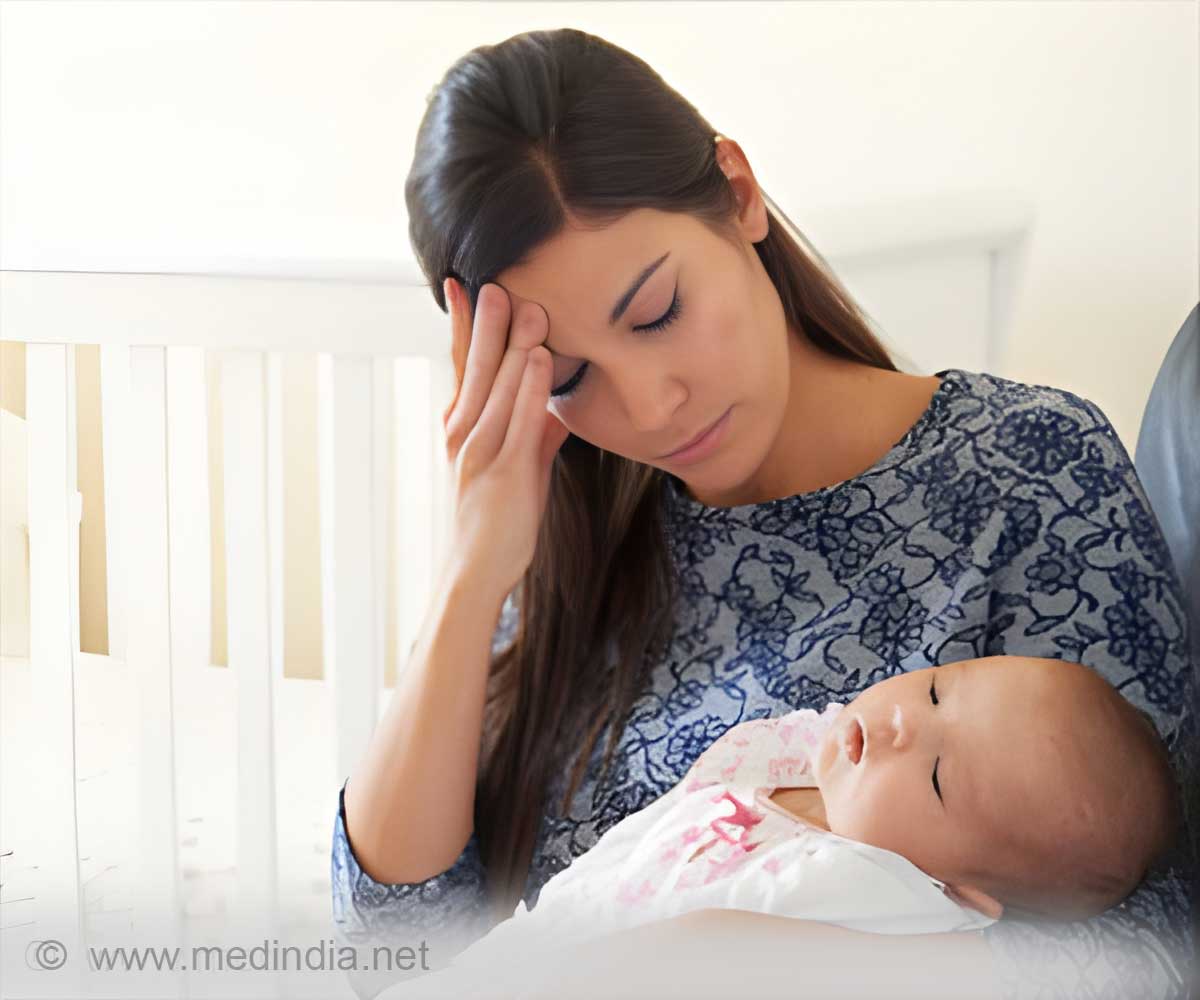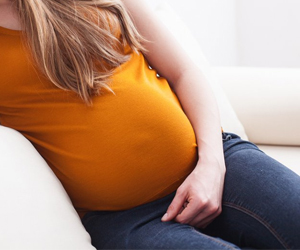Worse physical and mental health symptoms like depression, greater long-term risk of illness or death are likely to occur in postpartum women in negative relationships.

‘Worse physical and mental health symptoms like depression, greater long-term risk of illness or death are likely to occur in postpartum women in negative relationships. This finding may aid in the development of mental health interventions that will help postpartum women live healthier lives.’





The Positive and Negative Quality in Marriage Scale was used to measure negative relationship qualities and the Center for Epidemiologic Studies Depression Scale to evaluate mental health. Negative Relationship and Postpartum Outcome
"The quality of relationship with one's spouse considerably affects one's mental health as well as biological health and physiology. We were interested in learning more about the effects of relationship quality on health during the postpartum period, due to substantial changes occurring physically, mentally and in social and interpersonal lives at this time," says Lisa Christian, an associate professor of psychiatry and behavioral health at Ohio State University and a co-author of the study.
It was found that postpartum women who had poor relationships with their spouses or partners were more likely to report symptoms of depression. These were linked to HRV that was more likely to remain low following pregnancy.
"High HRV is good. It means your body is well-equipped to deal with and recover from stressors. Low HRV means your body isn't as capable of managing stress, and previous research has demonstrated that poorly managed stress can put you at greater risk of a host of health problems," says Lisa Christian.
Advertisement
Source-Medindia









